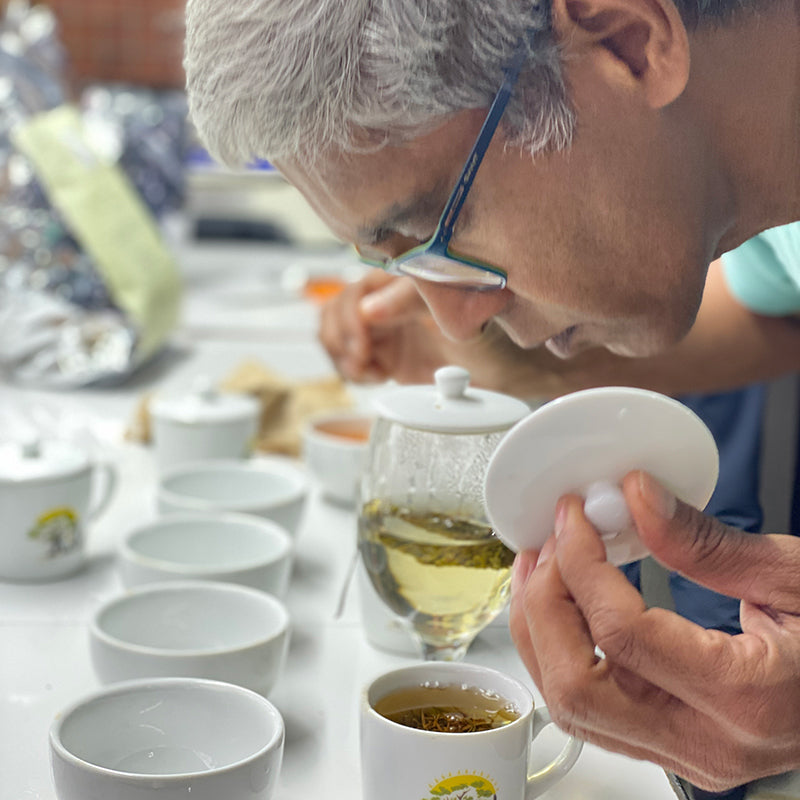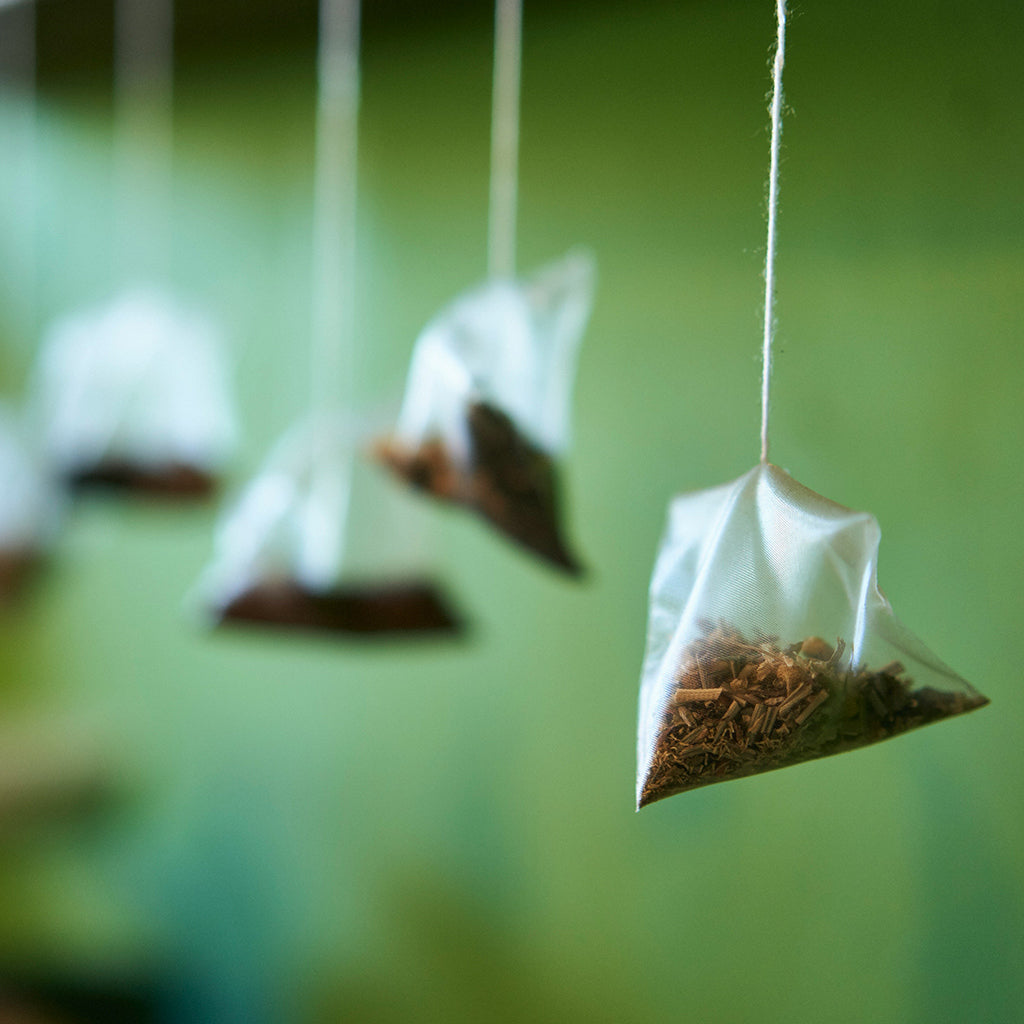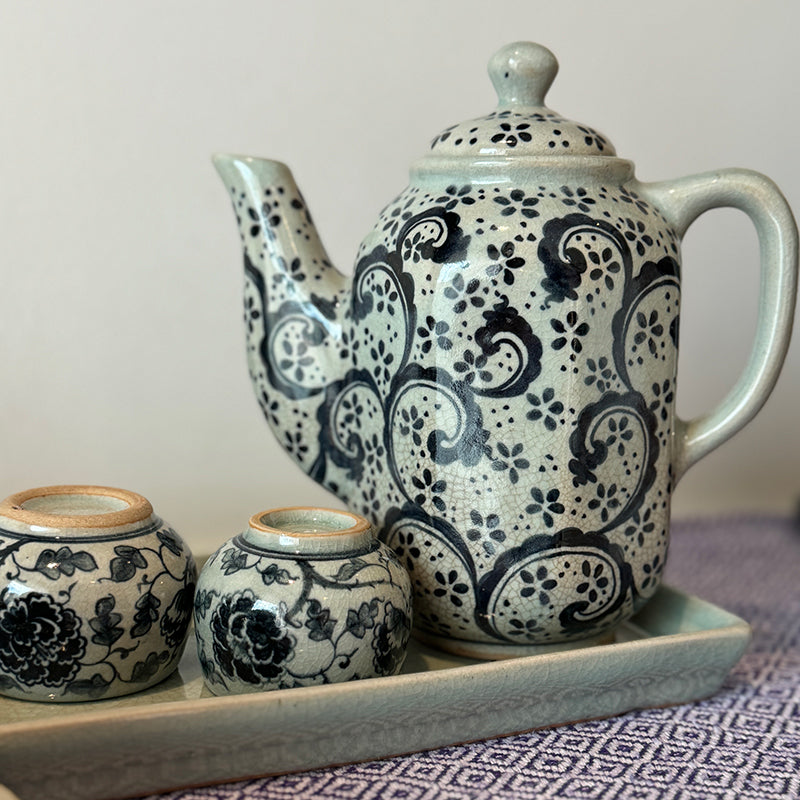Sustainable Business Network New Zealand has launched the first business-to-business directory dedicated to creating a circular economy in Aotearoa New Zealand.
‘The purpose of the Circular Economy Directory is to help businesses reduce their environmental impact and carbon emissions.’ - Sustainable Business Network
Our economy can currently be described as predominantly linear. We take materials from the Earth, make them into products, and discard them as waste. This disrupts the planet’s life support systems. It drives climate change, biodiversity loss, waste and pollution.
A circular economy offers an alternative. It’s powered by a transition to renewable energy and materials. A circular economy offers the opportunity to secure prosperity, employment and resilience while cutting greenhouse gas emissions, waste, and pollution. This creates the economic foundations for the nature regeneration that is urgently needed.

One of the things we really love about the directory is that it helps business owners easily find products and supplies with circular features, and it also helps businesses become more circular by providing guidance on things like:
- Redesigning how systems or products are created
- Reducing carbon emissions across key areas of the business
- Finding suppliers who can help regenerate nature
- Sharing & trading existing resources
- Extending the lifespan on products & materials
- Recycling or composting waste materials into reusable materials
We are thrilled to see Picker’s Pocket sit next to some incredible New Zealand businesses in the ‘Finished Products & Supplies’ section of the directory. A few of our favorites includeThe Sustainable Food Co,Kōkako Organic Coffee Roasters,Ola Coffee NZ andLiving Earth.
Picker’s Pocket is the only tea company currently meeting the requirements of the circular economy directory - which we are very proud of. BUT just because we meet the requirements doesn’t mean that we can end our mission to become more sustainable.

From the beginning of our tea journey in 2020, we engaged with some tea estates who are already doing great things: following organic farming principles to ensure regeneration of the land they work on, far exceeding minimum government requirements for pay and benefits such as operating a revenue share scheme and a welfare fund for workers as well as training employees in all aspects of the artisanal tea making process.

Supporting local social enterprises and charities to purchase goods such as the handloom bags the tea is sold in. Like many things when you look deeper into the history of Ceylon tea you discover a far from perfect world where Colonialism dominated and enlisted a workforce of people with promises of work, better living conditions and quality of life for them and their families. Sadly for many people and for many years this was and is still not the case.
We are not perfect but we are dedicated to keep working harder to improve andwe have some lofty goals for 2022 and beyond.




